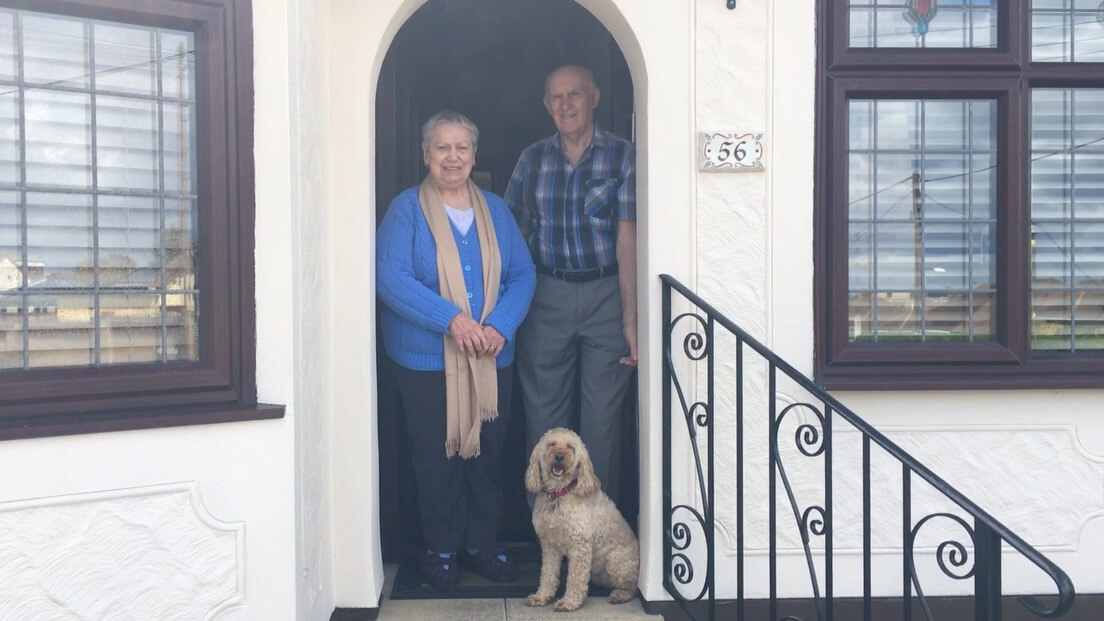
Being lonely and socially isolated can increase a person’s risk of heart disease or stroke, new research suggests.
Experts found loneliness can have a similar effect on the heart that is seen in people who suffer anxiety or have stressful jobs.
Researchers from the University of York, the University of Liverpool and Newcastle University reviewed evidence on the impact loneliness has on heart disease and stroke risk.
They examined 23 relevant studies, involving more than 181,000 adults, of which 4,628 coronary heart disease and 3,002 stroke “events” were recorded.
After analysing the data they found that loneliness and isolation were associated with a 29 per cent increase in risk for coronary heart disease and a 32 per cent increase in risk of stroke.
The authors of the study wrote in the journal Heart: “We found an association between poor social relationships and incident cardiovascular disease comparable in size to other recognised psychosocial risk factors, such as anxiety and job strain.
“Our findings indicate that efforts to reduce the risk of coronary heart disease and stroke could benefit from taking both loneliness and social isolation into account.
“Tackling loneliness and isolation may be a valuable addition to coronary heart disease and stroke prevention strategies. Health practitioners have an important role to play in acknowledging the importance of social relations to their patients.”
Previous research has already linked loneliness and social isolation to premature death but until now the but the size of the associated risk to cardiovascular health was unclear.
In a linked editorial, Dr Julianne Holt-Lunstad and Dr Timothy Smith from Brigham Young University in Utah, USA, say health workers should inform patients of the importance of social interaction “as part of a healthy lifestyle”.
Medical staff should also be aware of whether or not their patients are lonely so they can assess whether or not they are at risk.
They call for more research into the use of technology for interaction, saying that while it can boost social interaction, it may also “contribute to problems exacerbating risk”.
Dr Holt-Lunstad and Dr Timothy Smith wrote: “With such rapid changes in the way people are interacting socially, empirical research is needed to address several important questions.”
Commenting on the study, the Local Government Association’s community well-being spokeswoman Izzi Seccombe said: “With more than one million people aged over 65 believed to be suffering from loneliness, councils with their responsibility for public health see this as a major concern.”
Ms Seccombe added: “Loneliness is an issue that needs our urgent attention, and something that will become an increasingly important public health concern as people live longer lives.”
Caroline Abrahams who is charity director at Age UK also commented on the new research.
Ms Abrahams said: “Not only does loneliness make later life unbearably miserable – as this research shows, it’s awful for our health too.
“We know that lonely older people are more likely to suffer health problems and to require long-term care, have a higher use of medication and need to visit their GP more often.
“This means that loneliness is placing further pressure on the NHS and social care services – making it an issue the Government simply can’t afford to ignore.”
Campaign to End Loneliness aims to tackle loneliness in older age.
Dr Kellie Payne, who is from the Campaign to End Loneliness, said: “The effect of loneliness and isolation on mortality exceeds the impact of well-known risk factors such as obesity and cigarette smoking and this research helps to highlight yet further the need for loneliness to be treated as a serious public health issue.
“Loneliness is becoming a silent epidemic in our society. It’s the responsibility of our community as a whole to tackle it.”
A Department of Health spokesman said: “We want Britain to be the best country in the world in which to grow old. That is why we have supported organisations such as the Campaign to End Loneliness to promote better understanding of social isolation, and helped fund the Silver Line, which helps lonely people get support and runs a befriending service.
“We have given local authorities access to up to £3.5bn for social care to help older and vulnerable people get the high quality care they deserve – but this formal, paid-for system cannot be the only way to address loneliness in older people.
“We all have a responsibility at an individual, family, and community level to identify people who need support and friendship to improve their well-being.”



